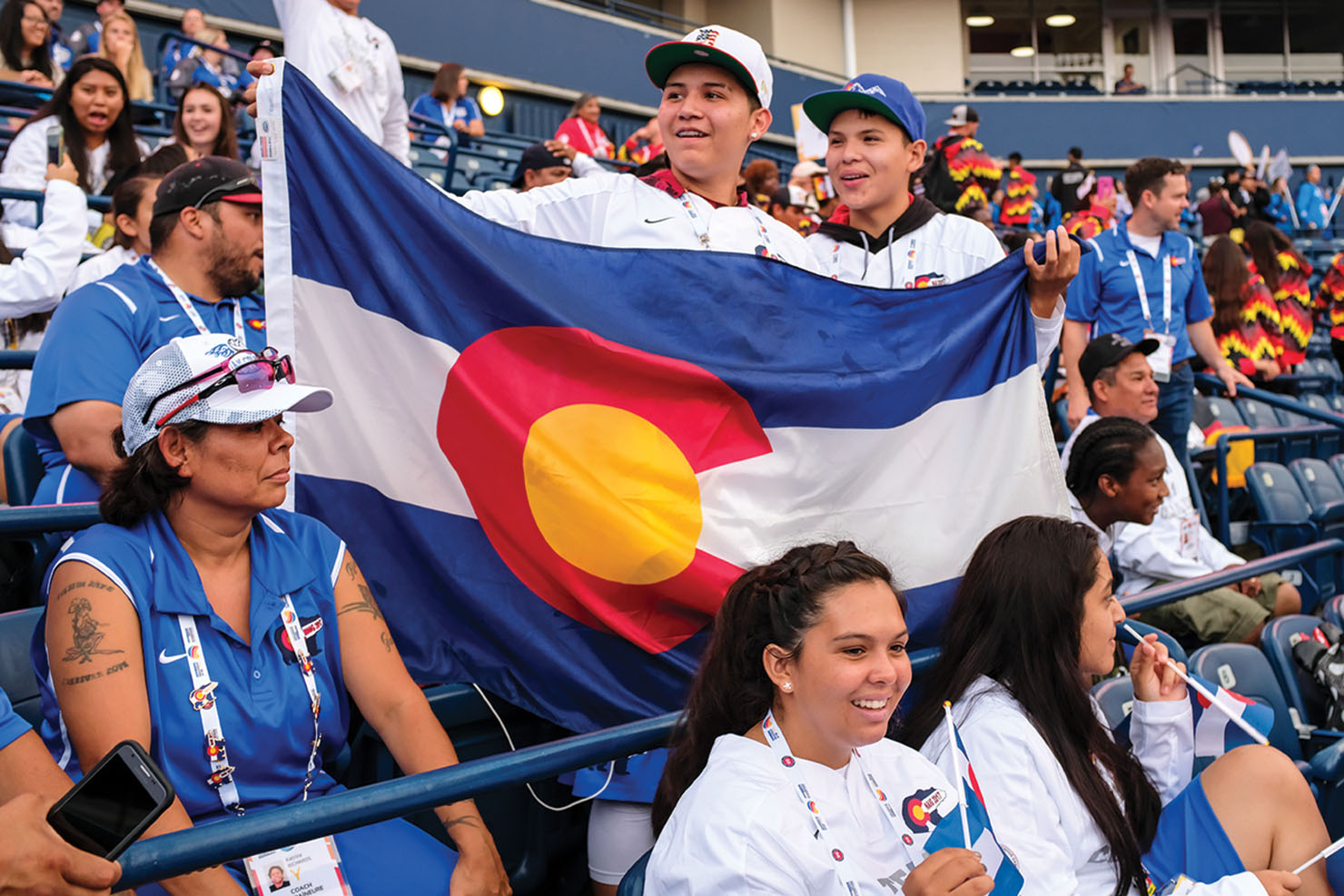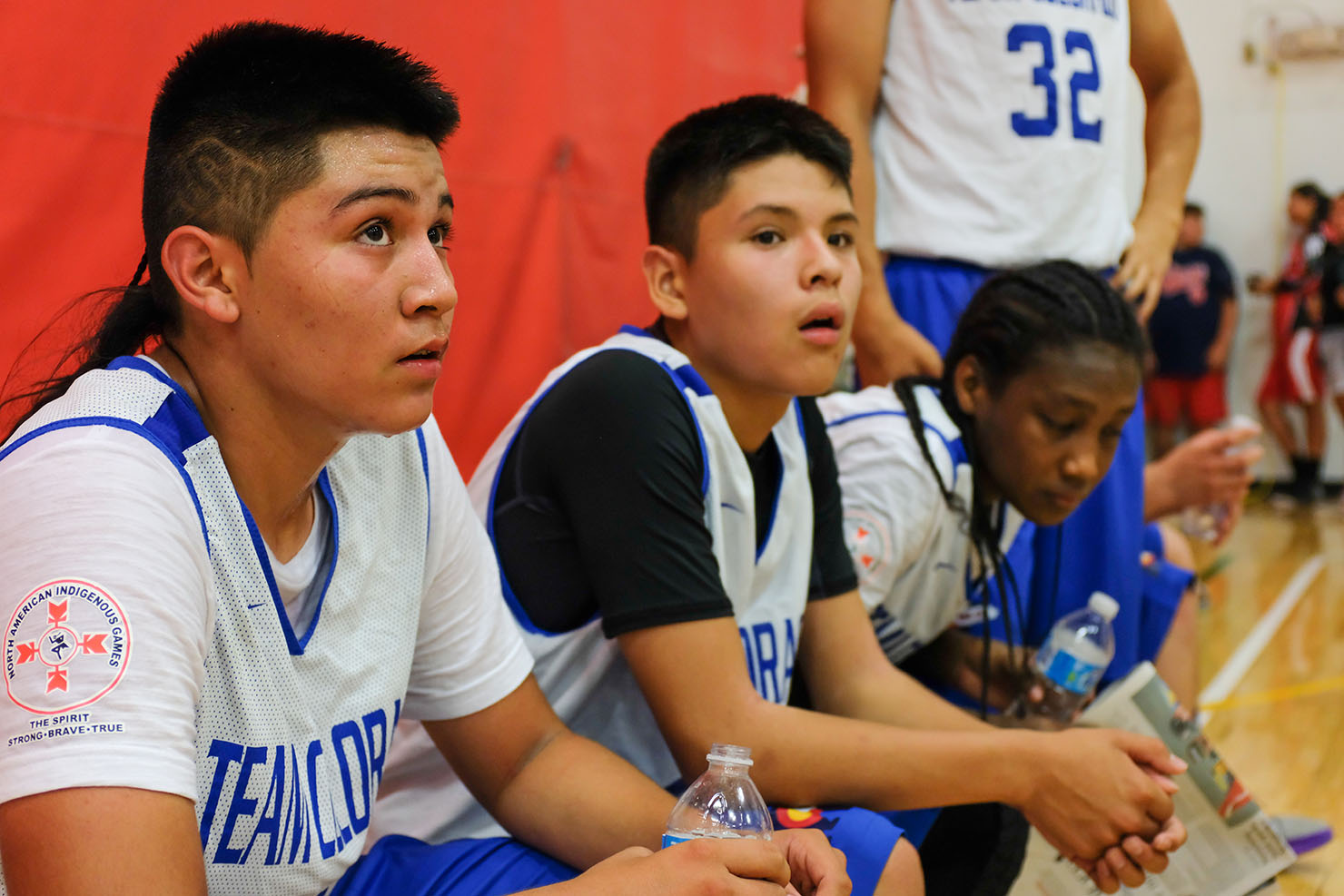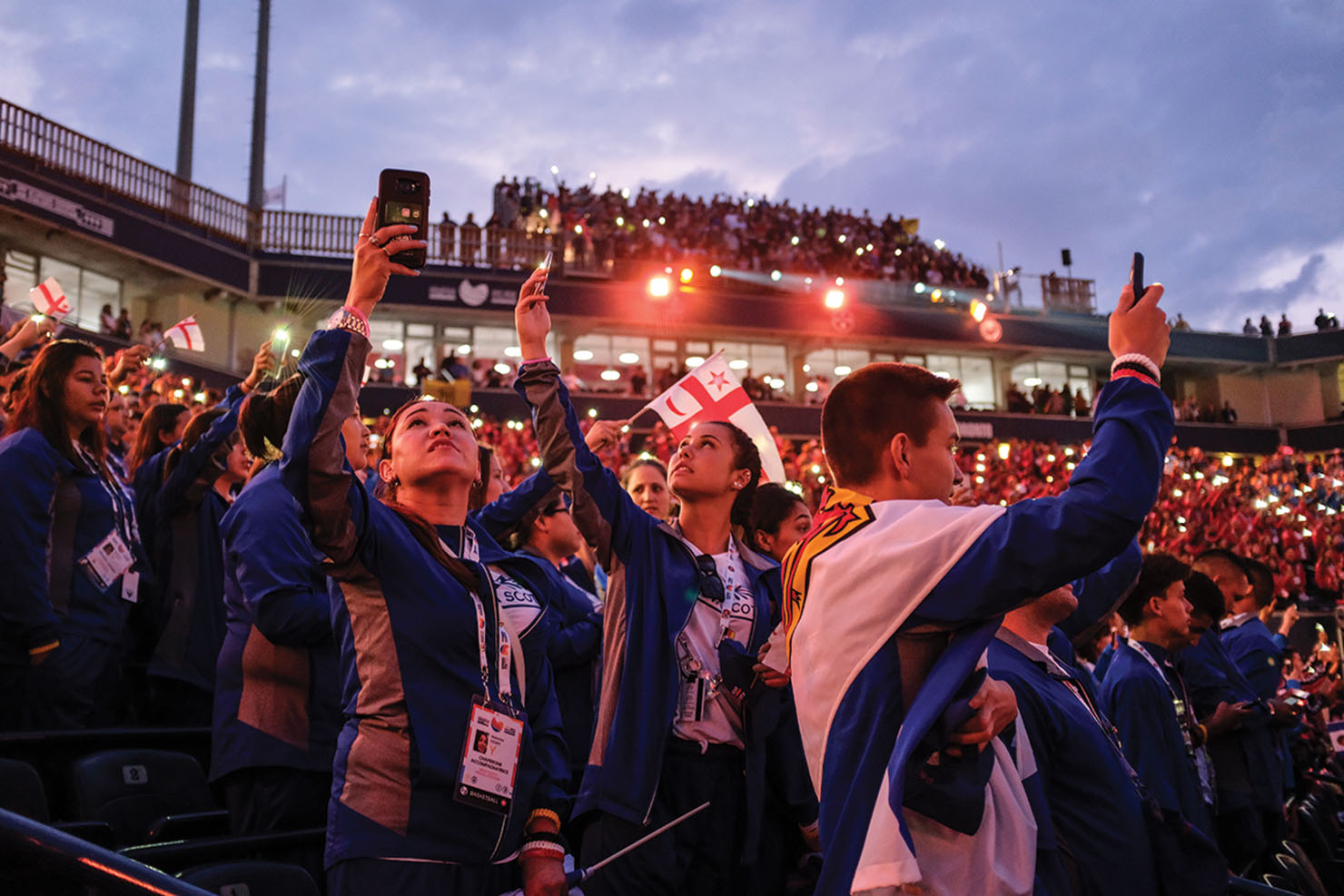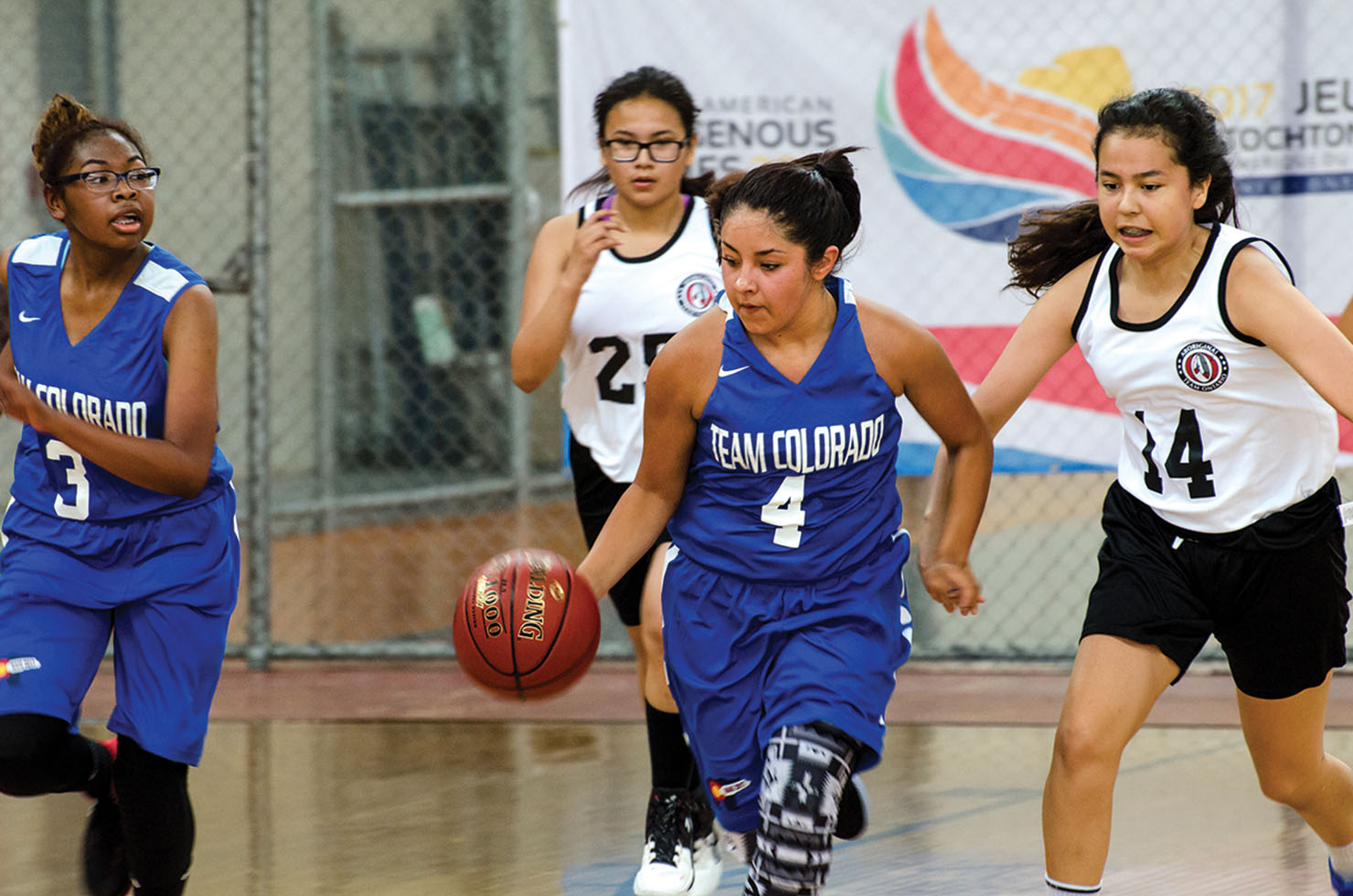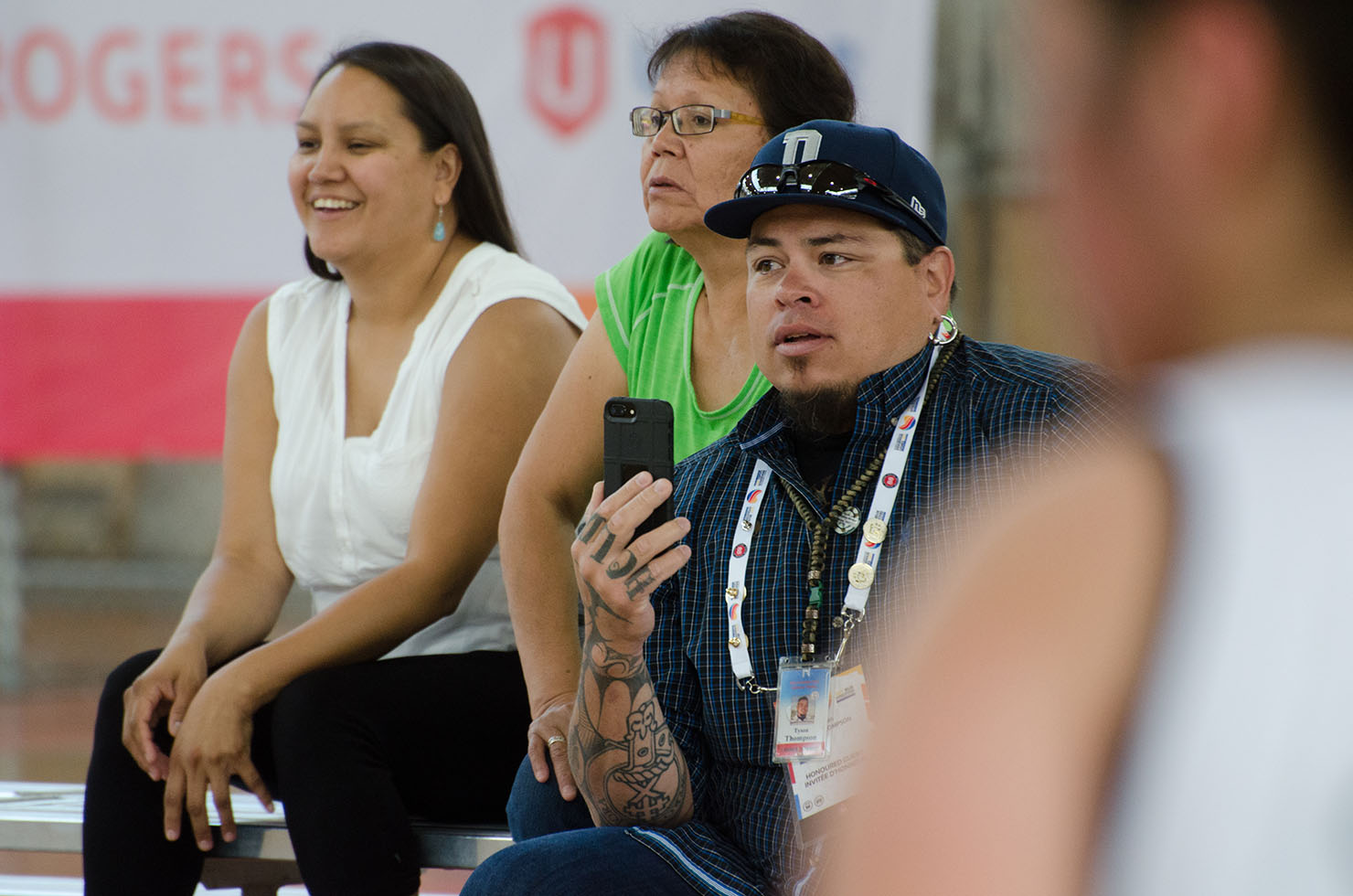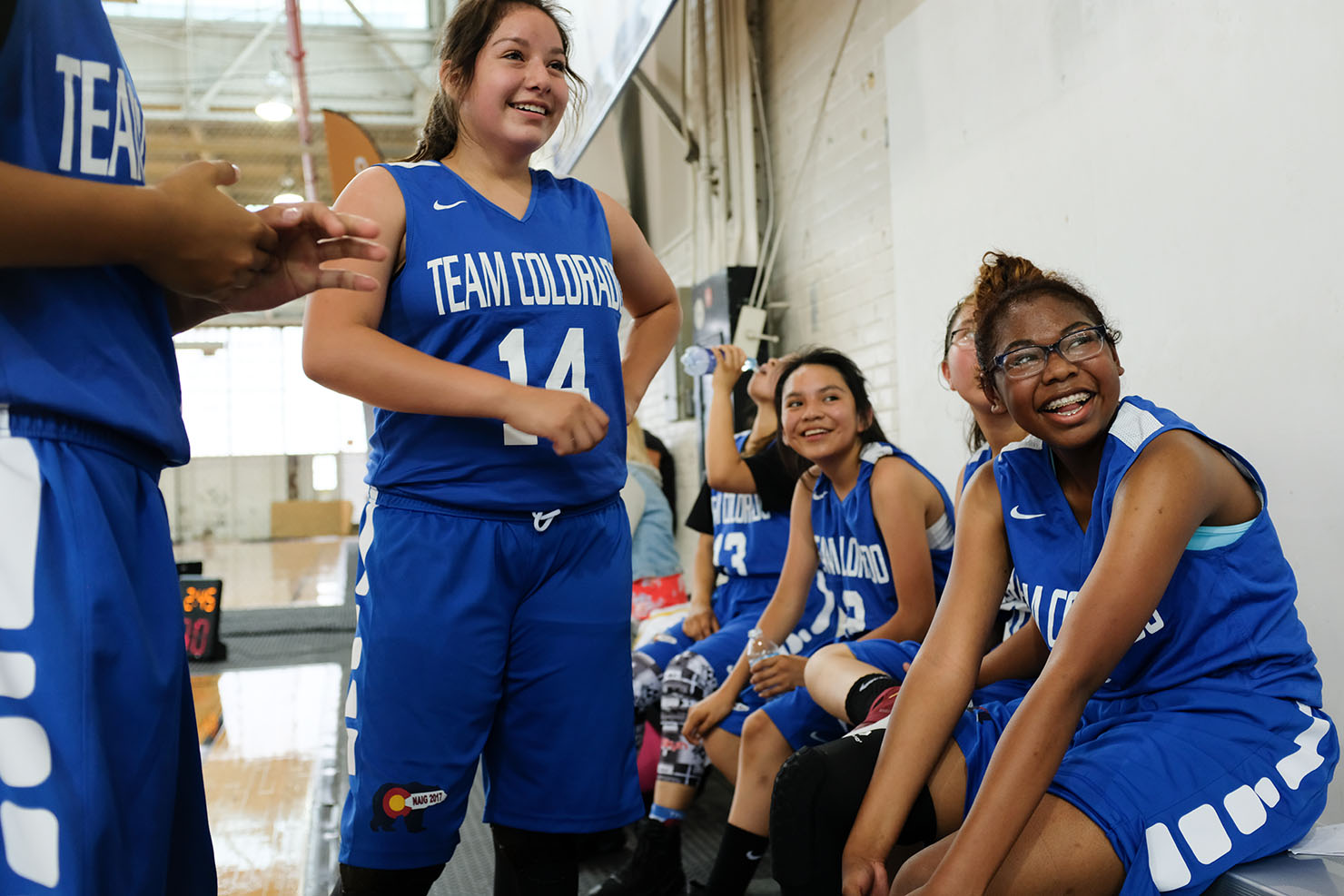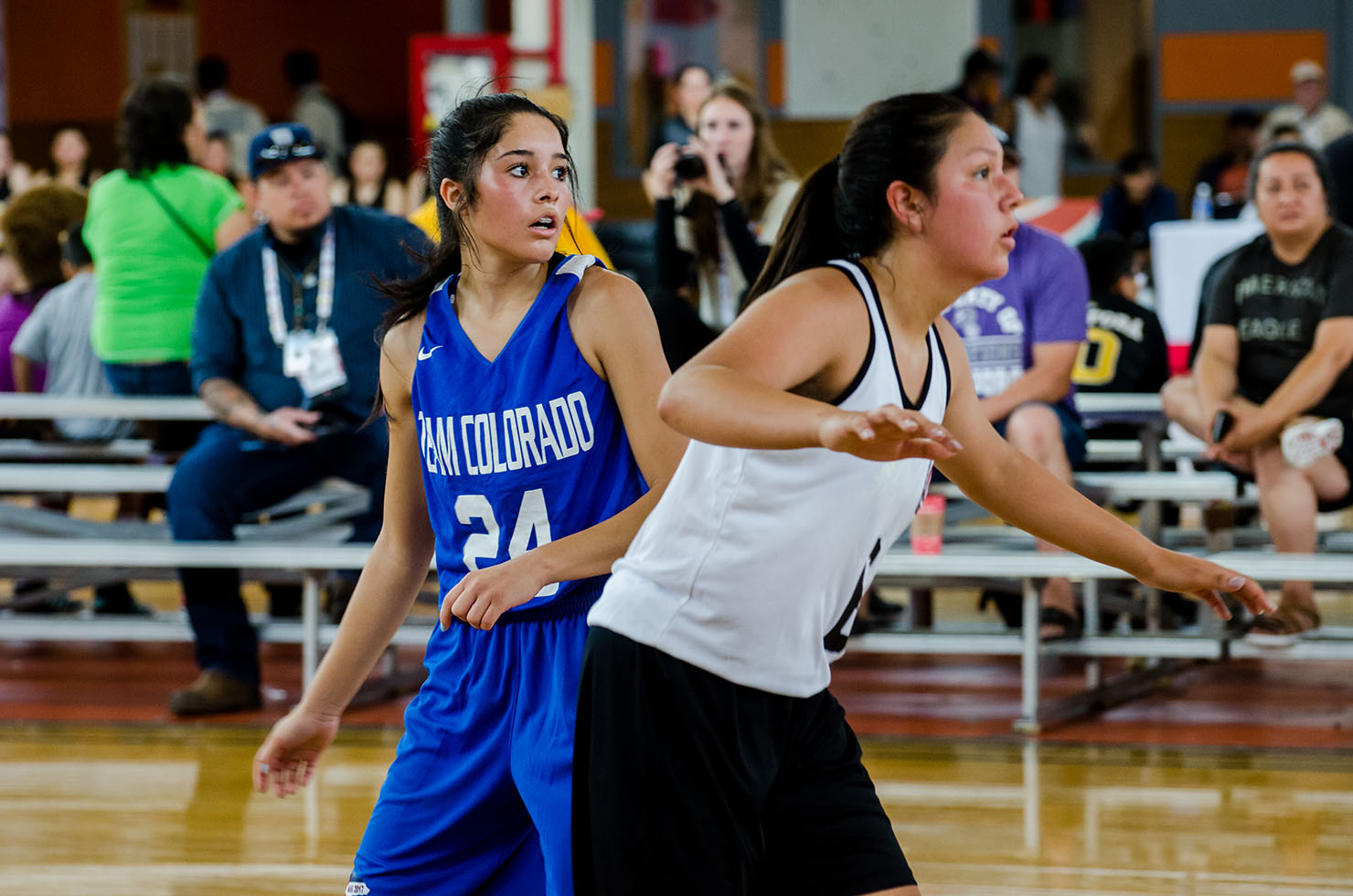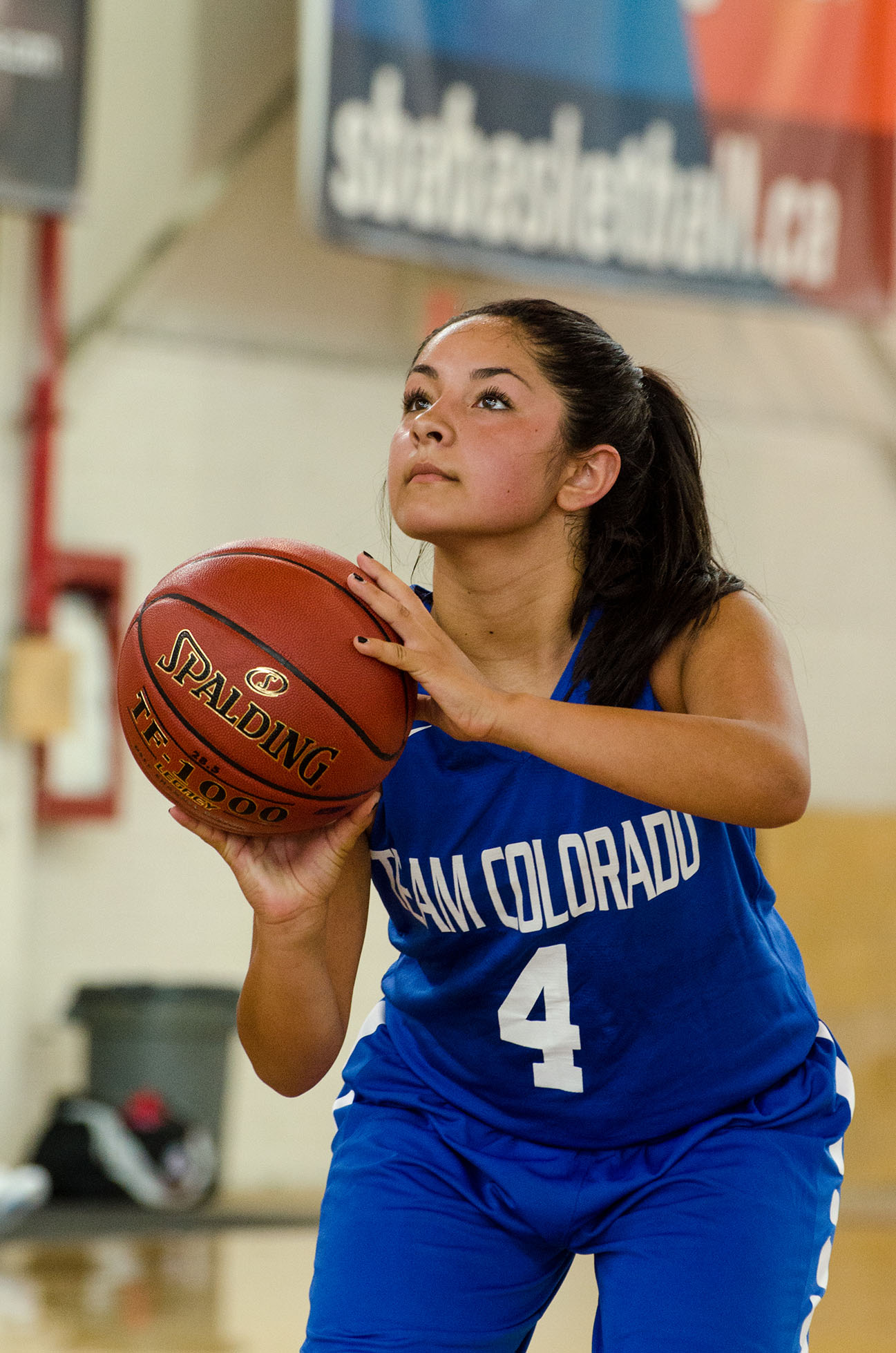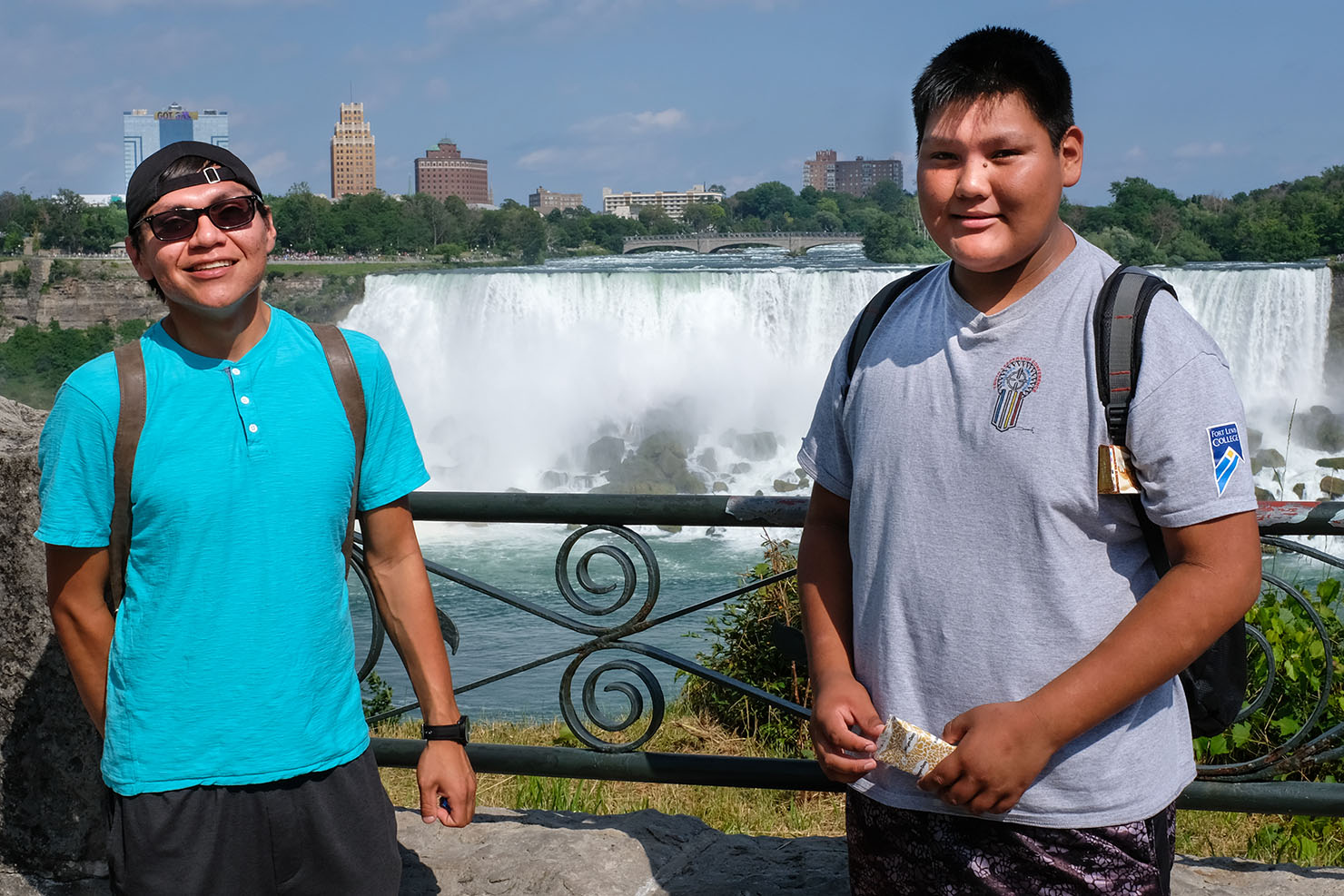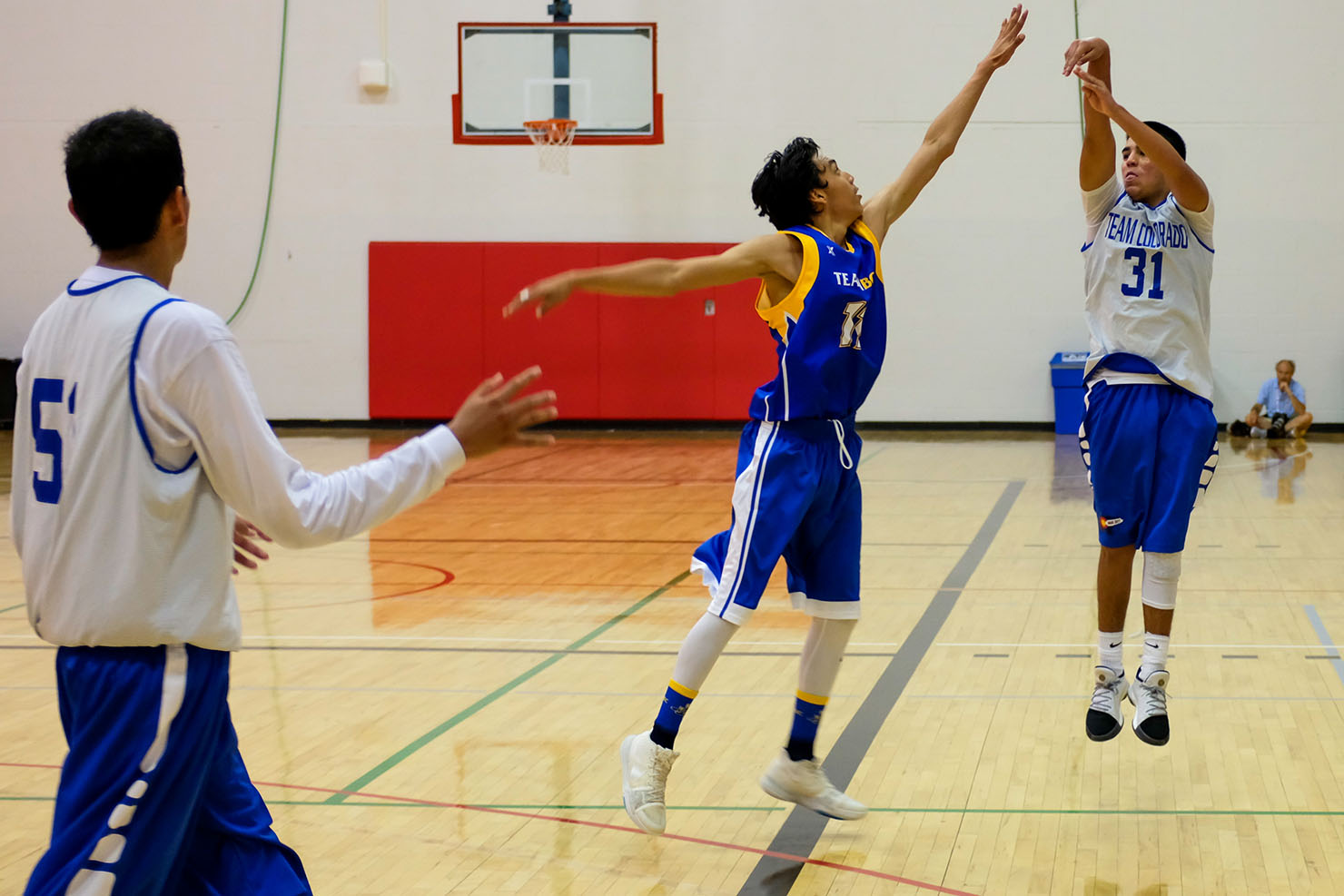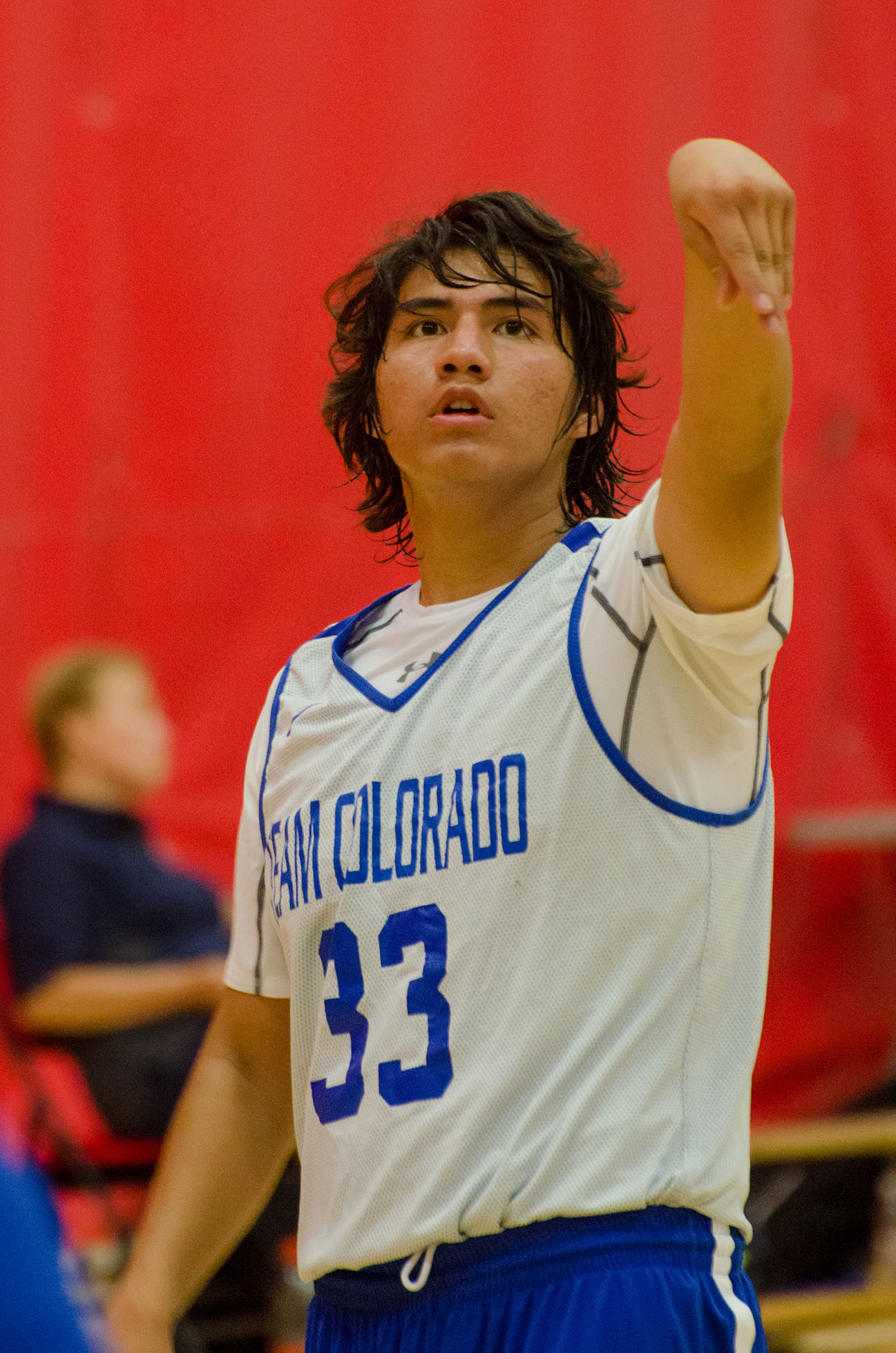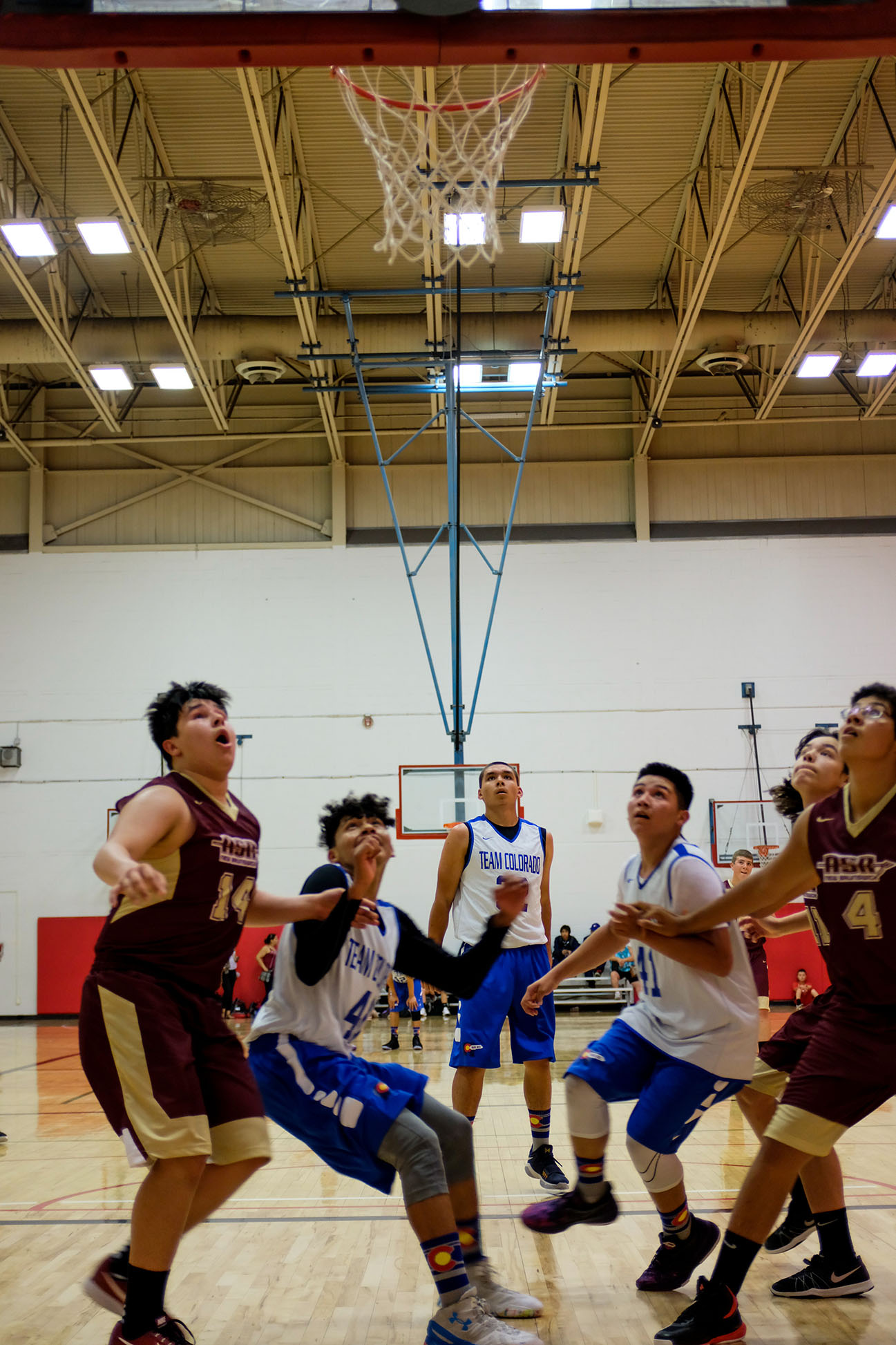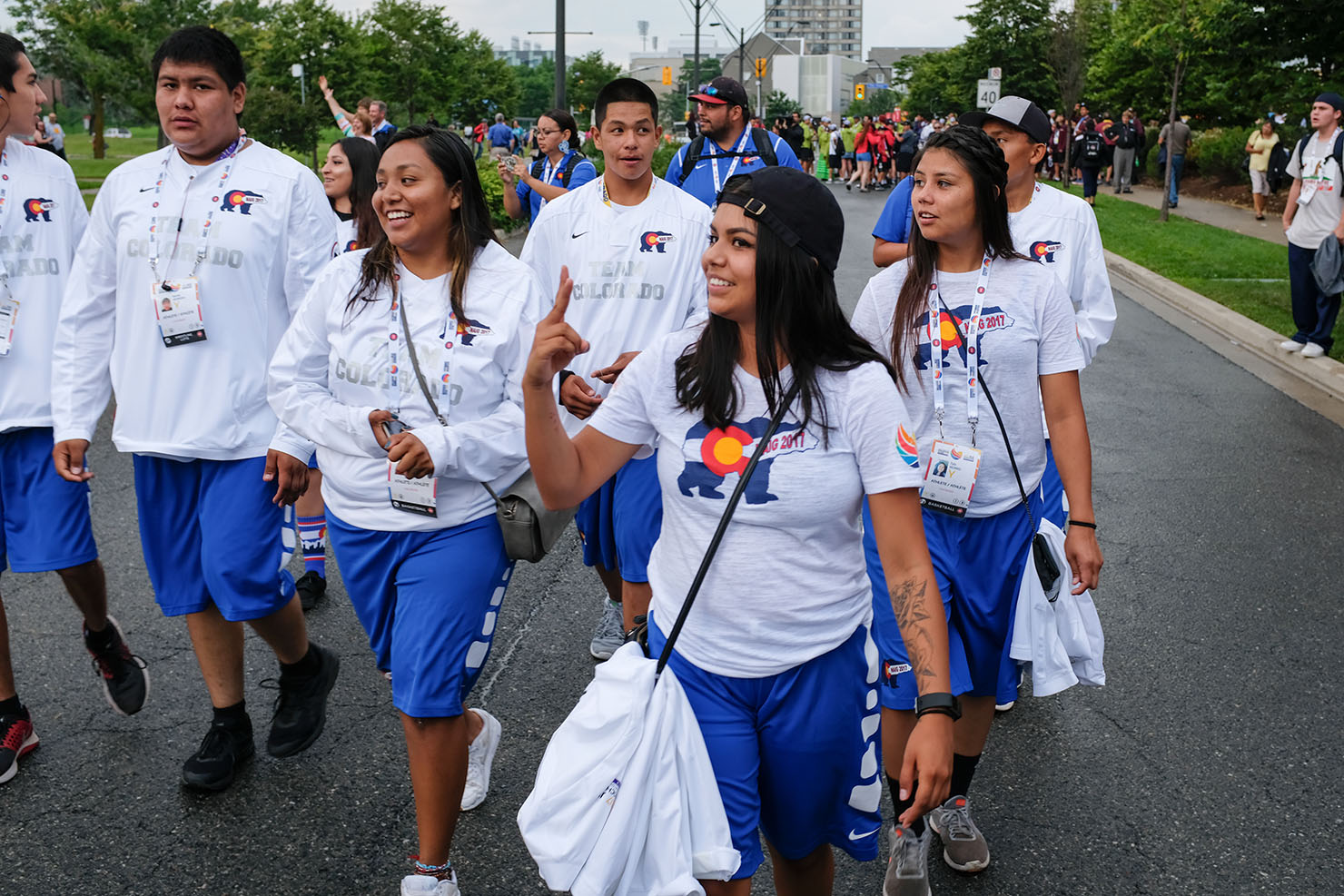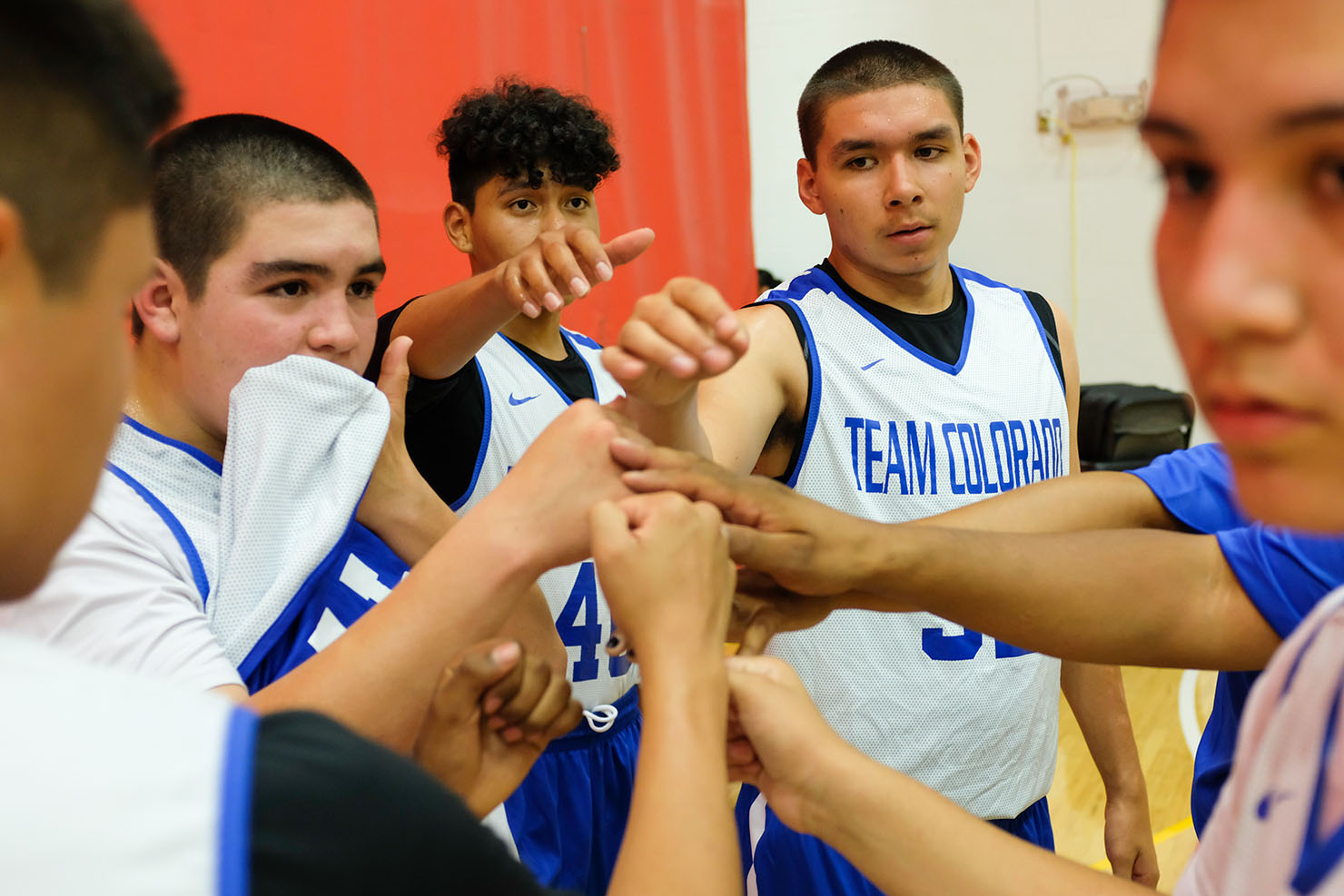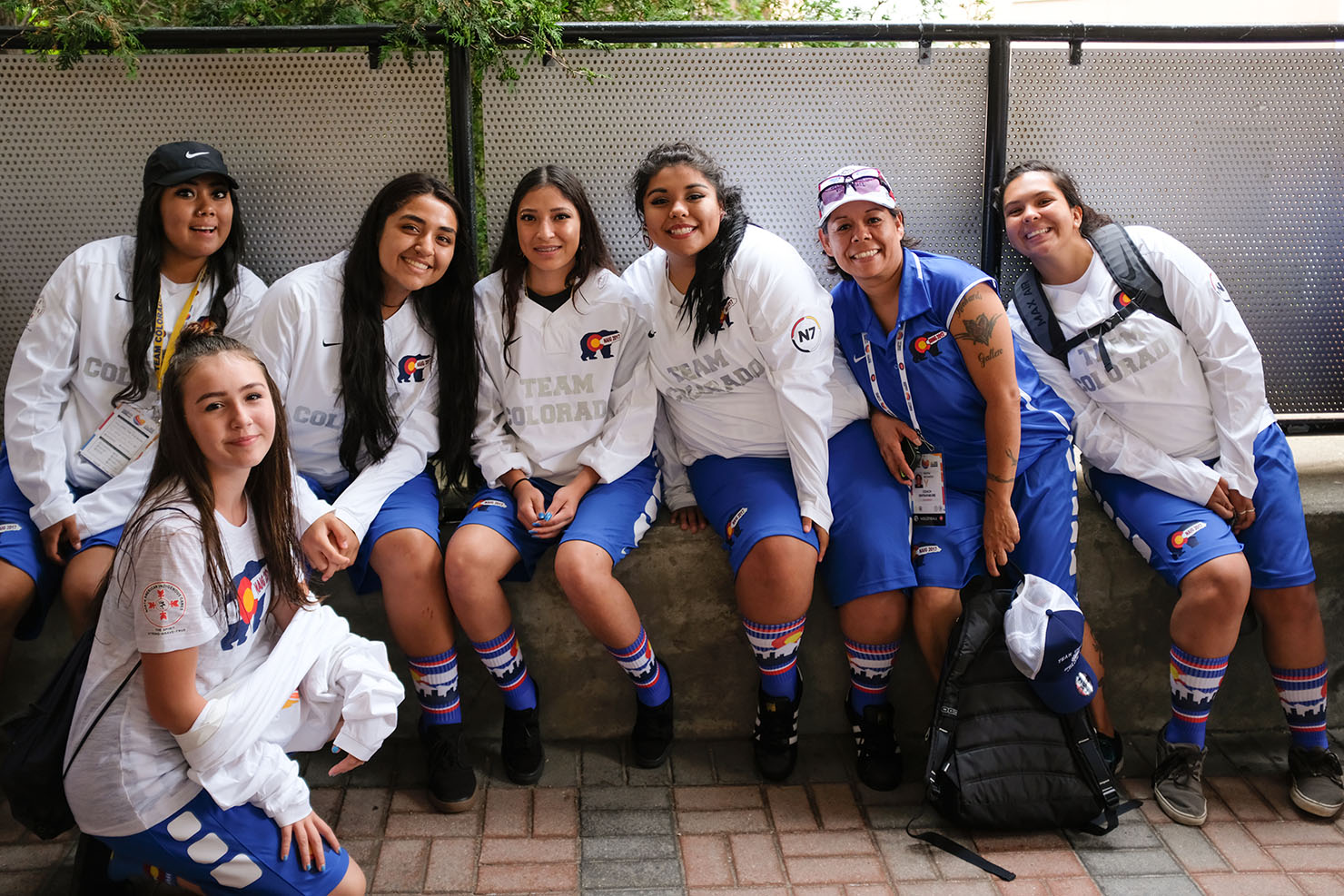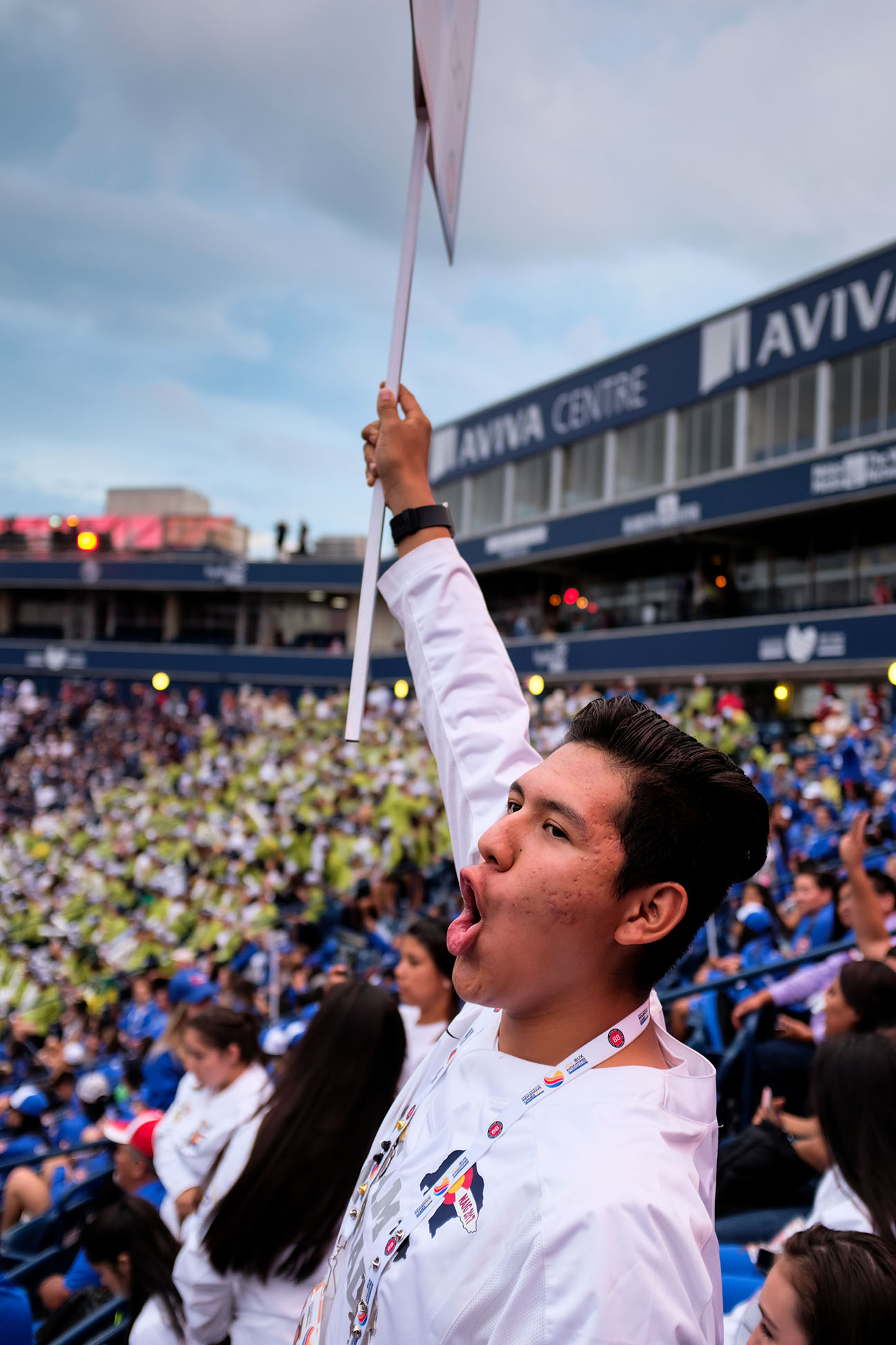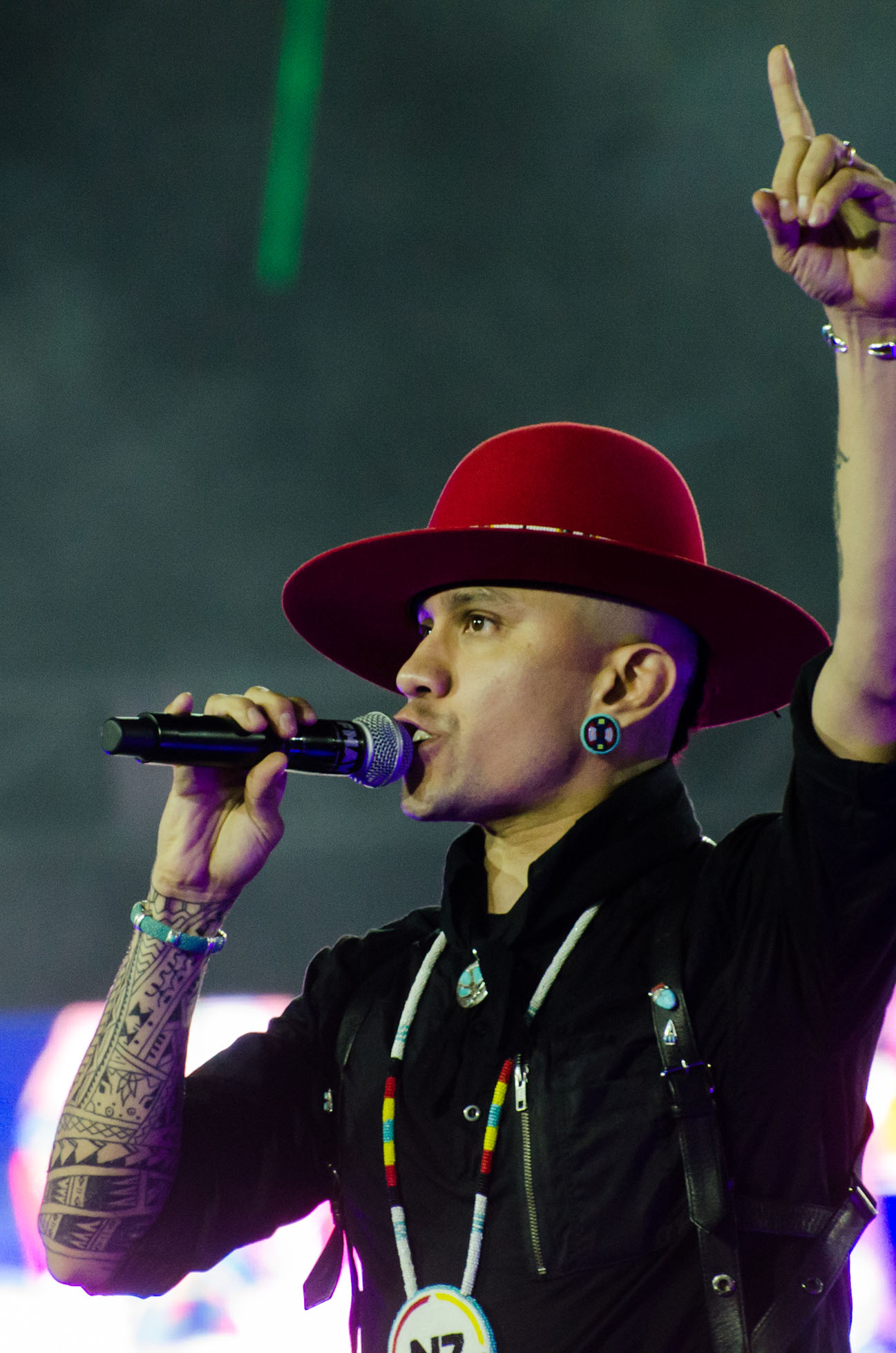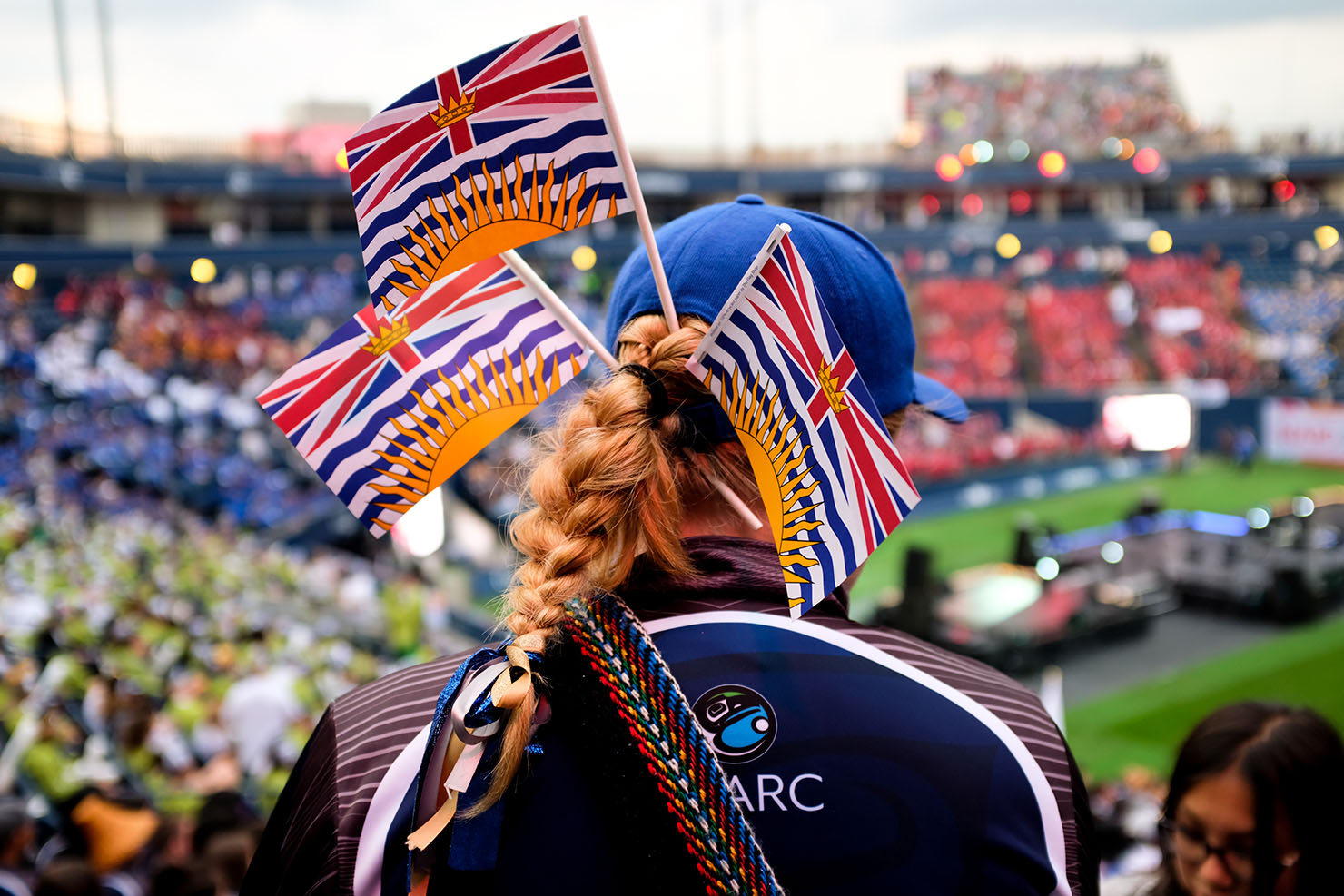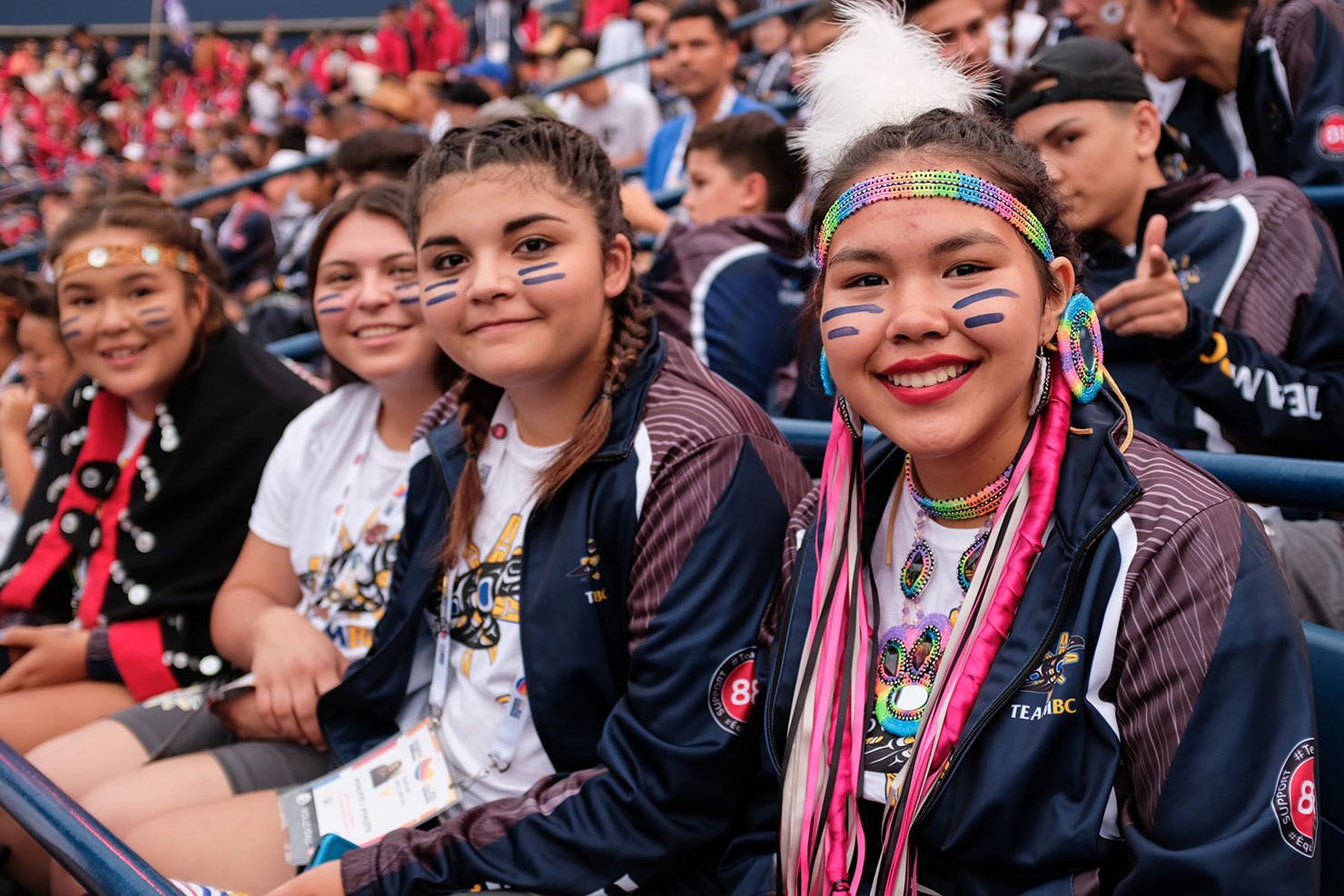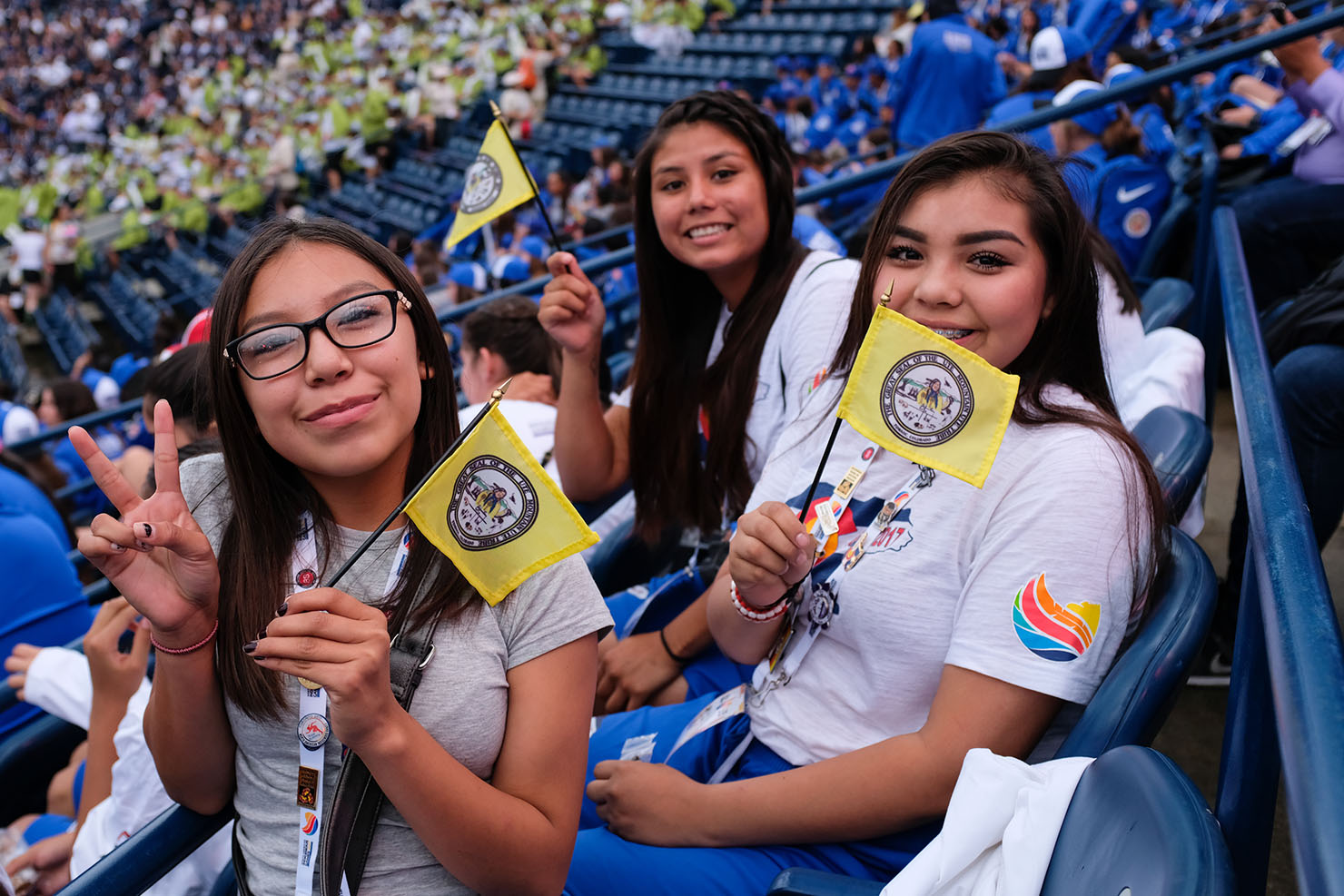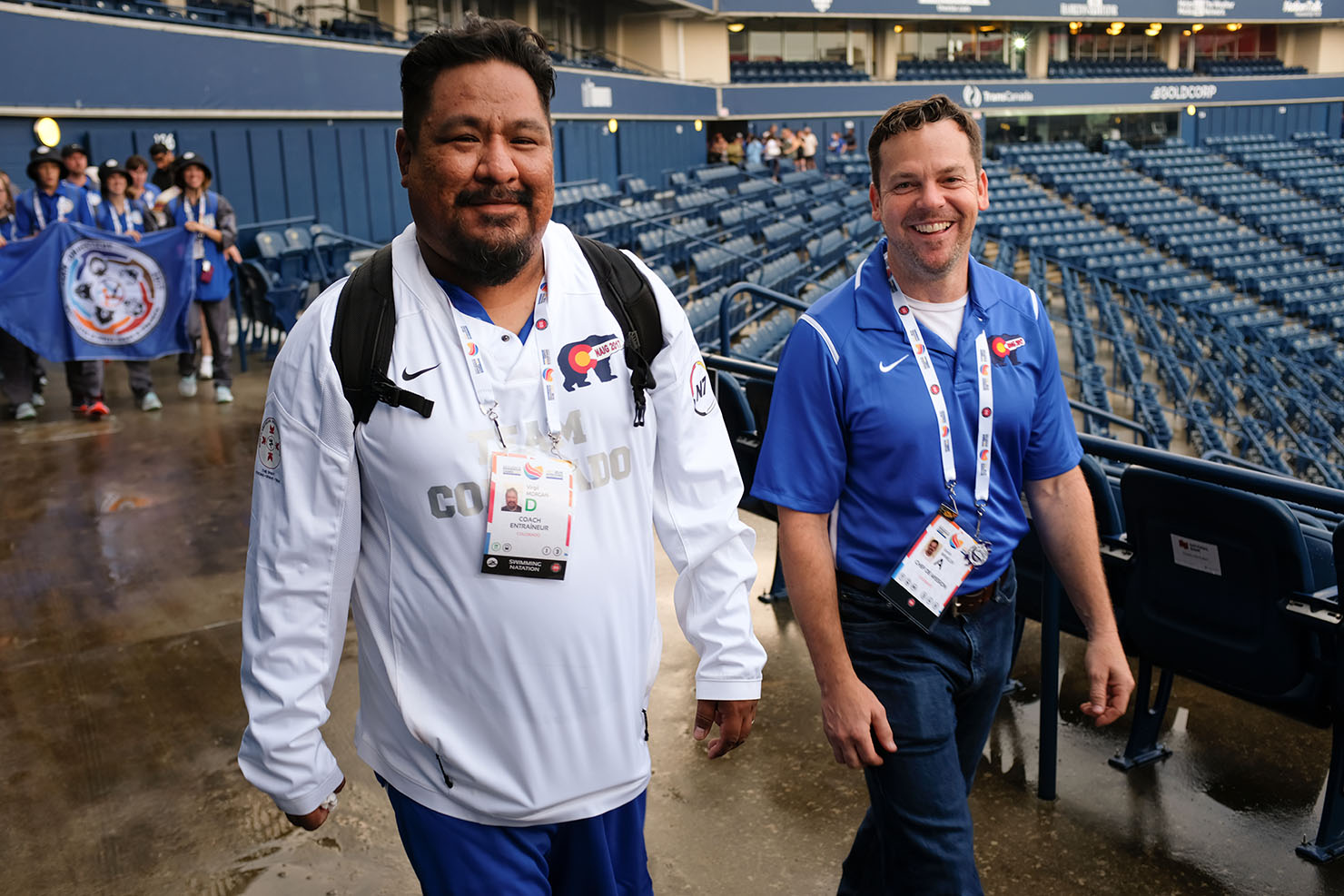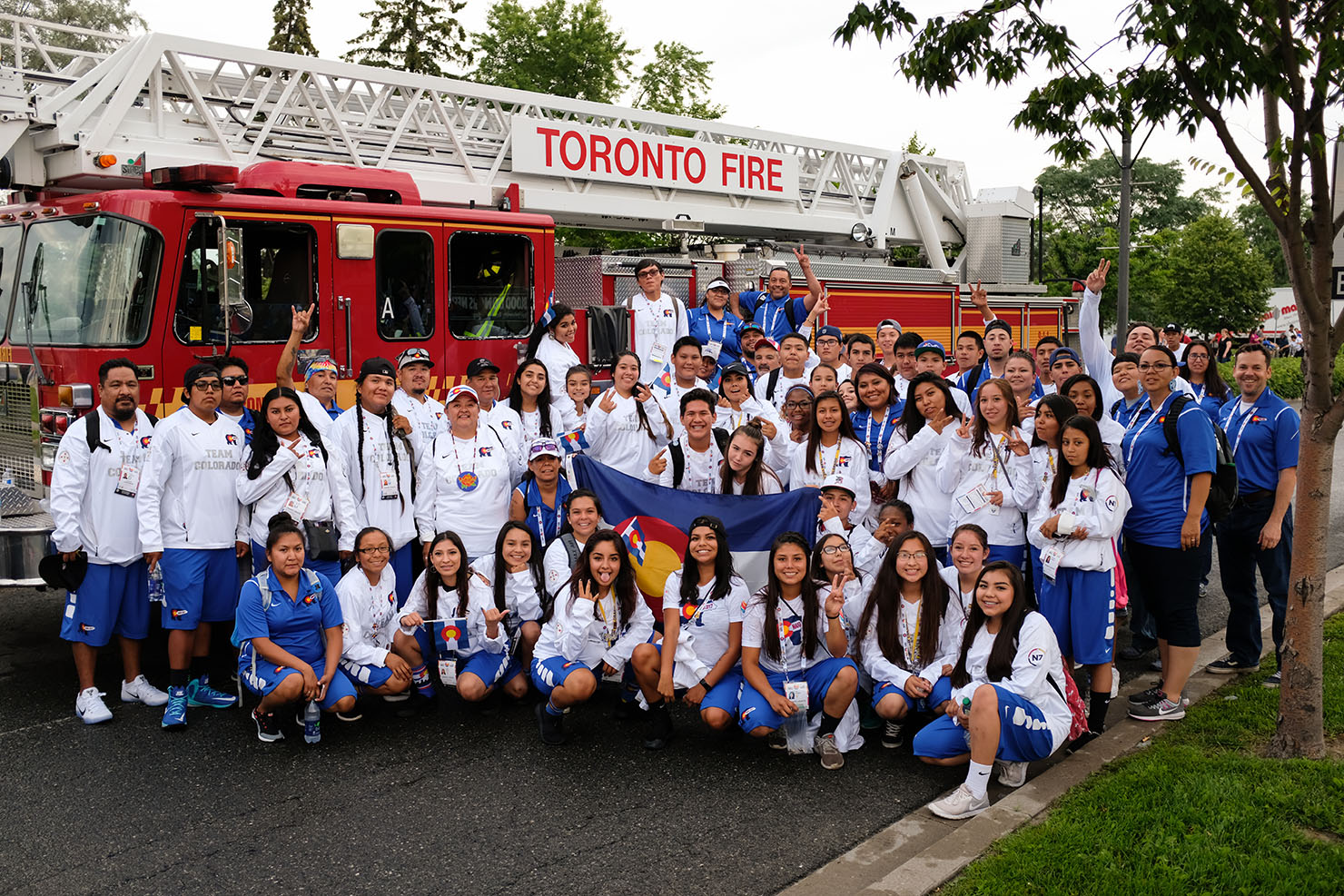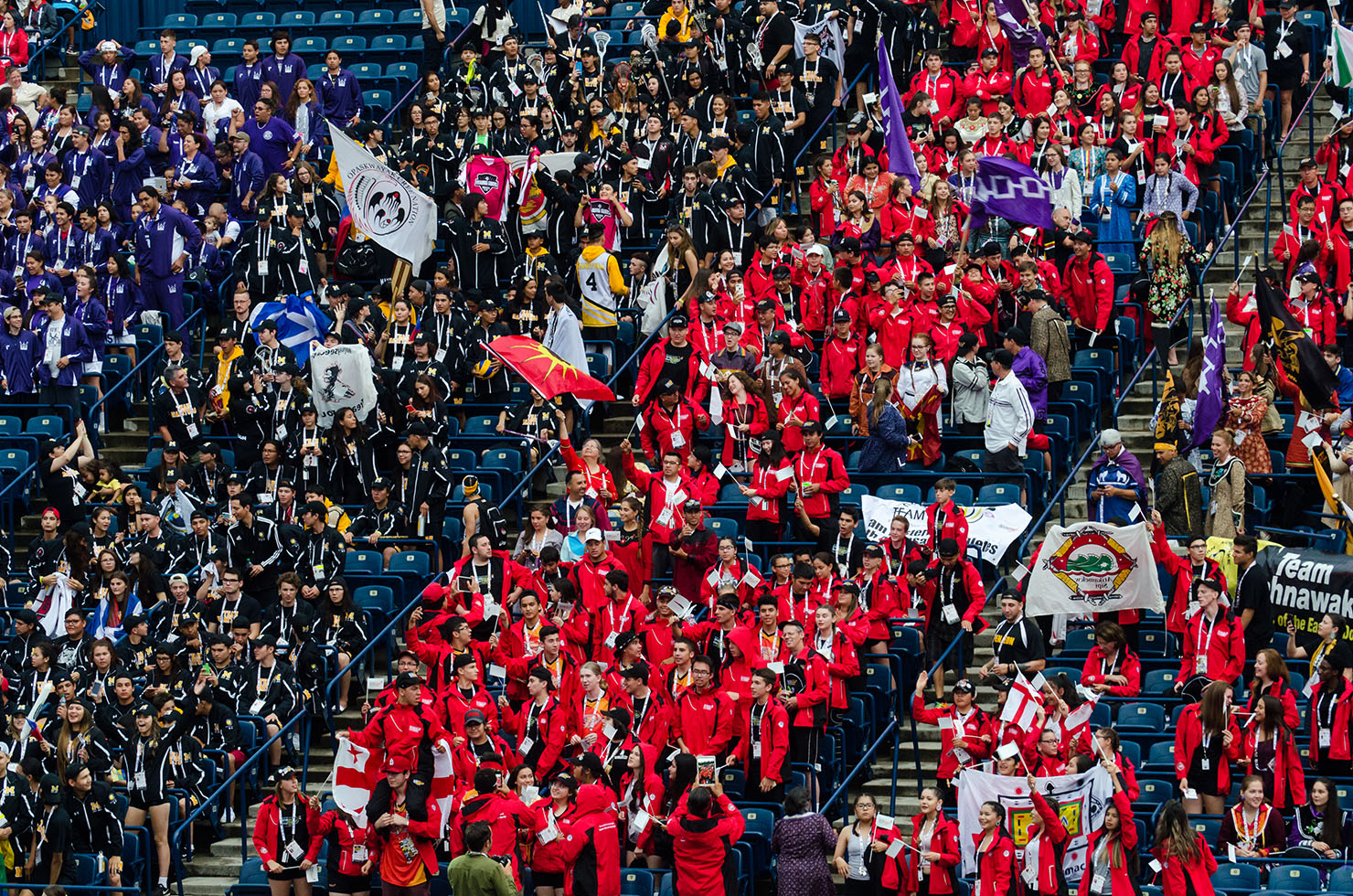Toronto welcomes Indigenous Games























On Sunday, July 16 the Aviva Center sports stadium in Toronto, Canada was filled with the sound of boisterous cheering as teams began announcing their presence in the vast outdoor stadium, a palatable sense of team spirit and anticipation among the North American athletes was hanging in the air. The long awaited, 2017 North American Indigenous Games was about to kick off. Tribes from across North America bring teams together every four years for this highly regarded athletic competition and cultural gathering.
Members of the Southern Ute Indian Tribe and Ute Mountain Ute Tribe were representing the Ute tribes together as Team Colorado for the 2017 North American Indigenous Games (NAIG) held in Toronto, Canada. The games are scheduled from July 16-23 and will culminate with the official Closing Ceremonies to be held Saturday, July 22.
“NAIG is extremely exciting, we traveled over two thousand plus miles to be here — to be part of almost four thousand indigenous athletes from all over North America,” said Kevin Winkler, chef de mission for Team Colorado. “It is the biggest of its kind, and it’s a chance to recognize athleticism within native communities.”
The tribal youth from Team Colorado will be competing in a variety of sporting events, which include: basketball, volleyball, archery, wrestling, golf, swimming and athletics. Numerous other, and less traditional sporting events are also on the schedule: canoe/kayak, rifle and badminton competitions. Lacrosse made its debut in Toronto for this year’s athletic lineup, rounding out a total of 14 individual sport categories.
Kicking off the weeklong schedule were the opening ceremonies. “It is as big of a draw as any other sporting event, the stadium sold out — ten thousand people,” Winkler said. The ceremonies included musical performances, cultural dance routines, a parade of colors and welcome remarks from Canadian and tribal dignitaries on behalf of the young athletes and teams in attendance.
Past, Present, Future. ALL ONE — is the theme for the 2017 North American Indigenous Games.
Highlighting her experience in Canada, Southern Ute athlete D’Vondra Garcia spoke fondly of the competition, “It’s great that we get to meet people from other tribes,” she said. The teams are housed together on university campuses in the Toronto region throughout the weeklong tournament, an opportunity for building relationships and cultural exchange among the athletes. “NAIG is special in that it is not too athletic, it strives to make each participant better as a person. The program requires them to give to the community and improve, or maintain, their academic standards in order to participate,” said Kevin Winkler. “This is a program that we have been working on for over nine months, with teams practicing for over four months.”
The competition is fierce. The team representing regions across Canada are sizable; Team BC alone has an estimated 500 athletes representing them at NAIG in Toronto this year. These young athletes have all trained extensively in preparation of this Olympic style sporting event — determined to bring the best medals home to their respective tribes.
“The athletes are very flexible, they know why they came. The kids have been awesome,” IHS Principle, Melanie Taylor said. Taylor is travelling with Team Colorado as a coach and chaperone.
Sentiments echoed by Team Colorado basketball coach Sheila Nanaeto.
“I’m very optimistic, they put in the hard work,” Nanaeto said. “Our team is jelled, they are going to do well here.” She sees this as a terrific opportunity for the tribal athletes, “They get to travel, see new things — they had to earn it.”
The Toronto 2017 North American Indigenous Games stands as the largest sporting and cultural gathering of Indigenous Peoples in North America according to NAIG.
Sunday’s opening ceremonies at the Aviva Center were a testament to the number of athletes, coaches and supporters of the Indigenous Games who rallied together for this year’s events in Ontario.
“This is how our people should always be,” said Stacey LaForme, Chief of the Mississaugas of the New Credit First Nation.“Happy, proud, and ready for the future.”

